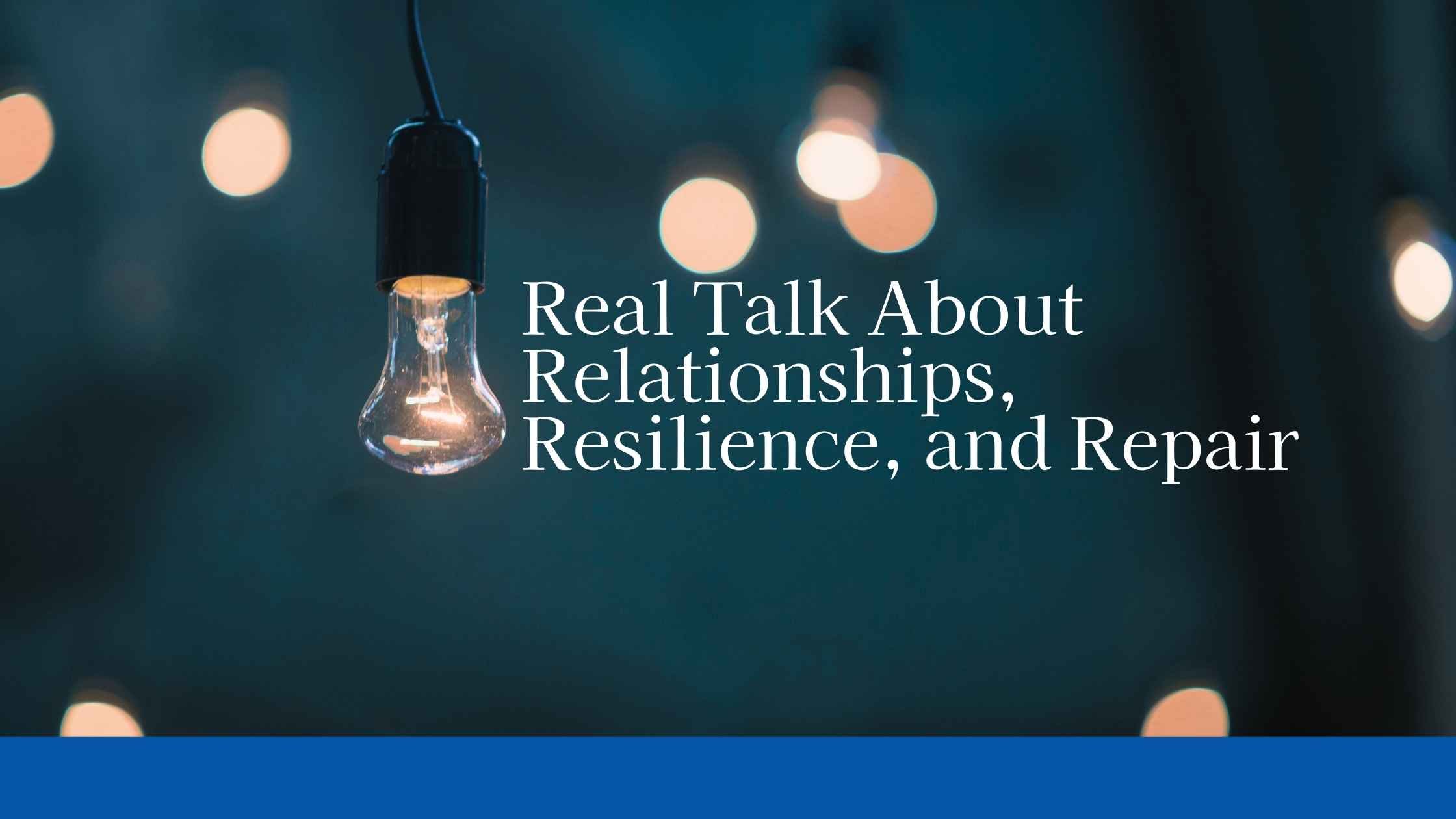
Blog

Unsure If Divorce Is the Answer: What to Do When You're Caught in the Middle
Wondering if divorce is the answer can be one of the most painful places to be in a marriage. This post explores what it means to be stuck in the middle and how discernment counseling can help you move toward clarity.

To Stay Married or Divorce: How to Make a Decision You Can Live With
Torn between staying in your marriage or ending it? This post explores the weight of that decision, the fears that come with it, and how discernment counseling can help you choose with clarity and care.

Wired to Connect: Mirror Neurons and the Moment-by-Moment Dance of PACT
Your nervous system is always tracking your partner’s cues. This blog explores how mirror neurons fuel your couple dynamic—and how PACT therapy teaches partners to co-regulate in real time.

What If Intimacy Has Changed So Much You're Wondering About Divorce?
When intimacy fades, couples often wonder whether their marriage can heal or if it's time to part ways. Learn how discernment counseling offers a structured path toward clarity, understanding, and wise decision-making for couples on the brink.
Before the New Year: What Needs Grieving First?
Before rushing into a new year, take time to grieve what hasn’t been named. This post explores how honoring grief creates space for clarity, healing, and reconnection.

Low-Grade Punches to the Heart: Why Criticism Triggers Panic in Close Relationships
Why do small criticisms feel so big in close relationships? EFT helps couples understand the emotional panic beneath defensiveness — and guides them back to safety and connection.

What Makes Love Last? A Book Review for Curious and Committed Couples
A cozy couple sitting on a couch reading together, coffee mugs in hand, with the book open between them. Soft lighting to symbolize warmth and connection.

Turning Toward, Not Away: Vulnerability in the Sound Relationship House
Small moments matter. In this post, learn how the Gottman Method uses vulnerability, emotional bids, and repair tools to help couples build deeper connection and a lasting foundation of trust.

Can We Even Talk Right Now? How to Set Communication Boundaries in Early Recovery
Not sure how to talk to your partner after betrayal? This blog walks you through healthy communication boundaries that support emotional safety and healing during early affair recovery.

When Everything Feels Fragile—But You’re Still Holding On
If you’re on the edge and not sure where your relationship stands, you don’t have to spend another month spiraling. A couples intensive offers a focused, hope-filled path forward—often in just one day or weekend.

The Empathy Loop: How Mirror Neurons Influence Your Relationship Dynamics
Your partner’s mood can influence your own more than you realize—thanks to mirror neurons. This blog explores how couples mirror each other’s emotional states and offers tools to shift from reactive loops into attuned, empathetic connection.

How Therapy Helps You Break the Cycle of Catastrophic Thinking
Betrayal can leave you stuck in a loop of catastrophic thoughts, constantly fearing the worst. In this post, we explore how therapy helps you break free from those spirals and regain a sense of calm, clarity, and self-trust.

The Double-Edged Mirror: Empathy, Hypervigilance, and Pain After Betrayal
Betrayal can distort the empathy loop, leaving you stuck in cycles of emotional overload. This blog explores how mirror neurons affect post-betrayal recovery—and how therapy can help you come back to yourself.

When Feelings Get Stuck: Understanding the Link Between Trauma and Difficulty with Emotional Expression
Trauma can make emotional expression feel unsafe—but healing is possible. Explore how family therapy can help your family find its voice again and deepen connection.

Breaking the Cycle: Setting Financial Boundaries With Family (Without Feeling Guilty)
Financial boundaries aren't about abandoning family—they're about protecting love, stability, and self-respect. Learn how therapy can help you set them.

Building a Future Together: How Couples Therapy Can Help You Co-Create a Shared Vision
Couples therapy isn’t just about resolving conflict—it’s about building something meaningful together. In this post, we explore how the Gottman Method helps couples map out a shared vision for their future, with practical tools for alignment, collaboration, and renewed purpose.

After Betrayal: Learning to Trust Your Body and Each Other Again
After betrayal, healing sexual intimacy isn’t about rushing back to “normal”—it’s about rebuilding emotional and physical safety from the inside out. Learn how betrayal trauma therapy helps couples rebuild trust, reclaim choice, and reconnect in ways that honor both partners' healing journeys.

Book Review: The Science of Trust: A Deep Dive into What Makes or Breaks a Relationship
A research-rich review of The Science of Trust by Dr. John Gottman, exploring how couples can repair emotional connection, build trust over time, and engage conflict without losing each other. A must-read for any couple working toward lasting love.

When Criticism Cuts Deeper: The Neurobiology of Fear After Betrayal
When you've been betrayed, your brain becomes wired to expect rejection. Explore how even minor criticism can feel like a deep threat — and how trauma-informed therapy helps restore emotional safety.

The Role of Shared Values in Long-Term Relationship Success
Shared values give relationships direction and meaning. This post explores why they matter, how to talk about them, and what to do if you and your partner feel misaligned. Find out how to build a future grounded in what matters most.
